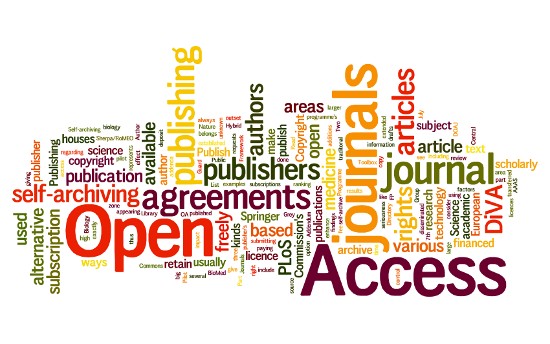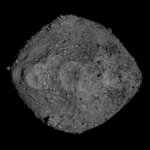The European University Association (EUA) consists of 850 academic institutions covering 48 countries. Created in 2001 they are responsible for the education and training of more than 17 million students across Europe. In creating the Association, European academics have endeavoured to create a common educational standard and policies related to educational and research accountability and processes. They are not alone in doing this, joined by like-minded organizations such as OA2020, the Max Planck Society open access initiative, and the IFLA, the International Federation of Library Associations and Institutions.
Since the COVID-19 pandemic outbreak, the need to accelerate research and development of new vaccines and medications has fostered a move for greater openness in publishing and sharing research. This has spirited a recently unveiled strategy, the EUA Open Science Agenda 2025 promoting open access to research and scholarly publications, and the removal of paywalls from scientific and academic journals and publications of European origin.
An open science agenda will involve the creation of new systems for evaluating independent research and will make it easier for the scientific and academic community to learn from each other while disseminating information to the general public that will continue to be peer-reviewed.
At last week’s Open Science European Conference held in Paris, a call to disrupt the status quo requested that the EUA create an association of research funding and performing organizations, plus a body of assessment authorities to reform the system looking at diverse research activities and outputs, preprint publication of research, data, methods, software, codes and patents.
The EUA has been trying to eliminate Internet paywalls on scientific and academic journal websites for more than 15 years in an effort to make scientific discoveries and new research open and accessible to all in pursuit of the common good. Dr. Vinciane Gaillard, EUA deputy director of research and innovation sees COVID-19 as the disruptor of the status quo. She is quoted in a recent issue of University World News stating, “the…pandemic clearly demonstrated the need for and benefits of opening knowledge up, and of openly sharing research data, research results, and the whole research process.”
According to University World News, today, close to two-thirds of European academic research, largely publicly funded, and more than that from elsewhere around the world is only accessible if you pay. Demonetizing the research and papers published in these journals would democratize learning across the planet and help to accelerate the development of solutions to combat the existential and chronic challenges humanity and the planet face.
The Open Science Agenda 2025 advocates for “a just scholarly publishing ecosystem that is transparent, diverse, economically affordable and sustainable, technically interoperable, and steered by the research community.”
In another initiative, it calls for a strategy it has named FAIR which stands for Findable, Accessible, Interoperable, and Reusable research data. Gaillard explains further, “all relevant research data should adhere to the FAIR principles because applying them ensures reproducibility and enhances the visibility of research outcomes.”
The institutional paradigm that has driven academia in pursuit of tenure has been “publish or perish.” What the EUA through the Open Science Agenda is doing is attempting to change this to reward meritorious research over quantity. Notes Gaillard, this will strike a “balance between qualitative…and quantitative metrics to develop and implement assessment approaches, focusing on evaluating research activities and careers on their own merits with a view to improving academic culture.”
Open science and open research will bring both closer to society as a whole. Academia and research institutes will be able to consider contributions from citizen science and gamification, a growing phenomenon that I have previously written about in projects like FoldIt.
When you think about it, it is not just COVID-19 that has been the driving force. Living in the Age of the Internet and ubiquitous online search has made open access inevitable here in the 21st century.









